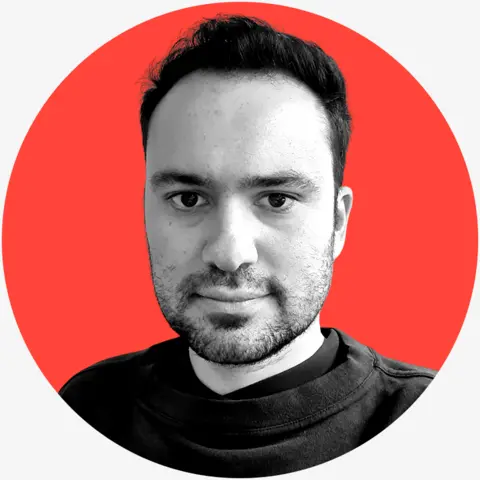Exposing the Dark Side of Body Brokers in the US: A Legal Yet Controversial Trade
In an era where medical advancements hinge on research and education, the ethical boundaries of body donation are being tested as private companies known as body brokers exploit the law's leniencies. This investigation sheds light on the distressing reality faced by families who believed their loved ones would be treated with dignity after death.
One account follows Harold Dillard, a Texan who was eager to donate his body to help train medical professionals. His daughter, Farrah Fasold, recalls the moment her father was taken by Bio Care—a company that promised to honor his wishes. However, that promise was shattered when police later discovered over 100 dismembered body parts belonging to various individuals at Bio Care's warehouse, raising profound questions about respect and the ethics of body donation.
Critics argue that body brokers represent a form of grave-robbing, profiting from the grief of vulnerable families seeking a noble end for their loved ones. Each instance reveals a system often riddled with exploitation, where the principles of altruism and dignity clash with profit motives and regulatory gaps.
Despite these abhorrent cases, some argue that body donations are vital for medical education. The University of California, for example, emphasizes the altruistic motives behind many donations. But, with the US lacking stringent regulations that exist in Europe, the trade continues to flourish, creating a modern dilemma over how we treat the dead.
As society grapples with these complexities, calls for regulation increase. Experts suggest that without adequate laws and oversight, the cycle of exploitation will continue, perpetuating a model of body donation that many find unacceptable. As technology evolves, innovative alternatives like virtual reality may lessen the dependency on cadavers in education, perhaps paving the way for more ethical solutions.






















